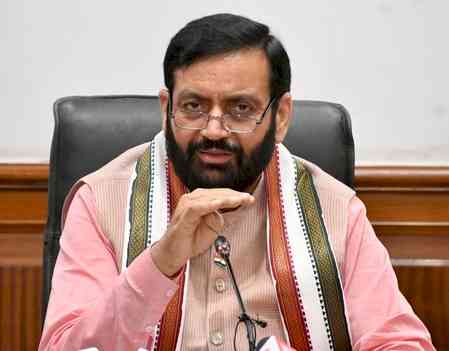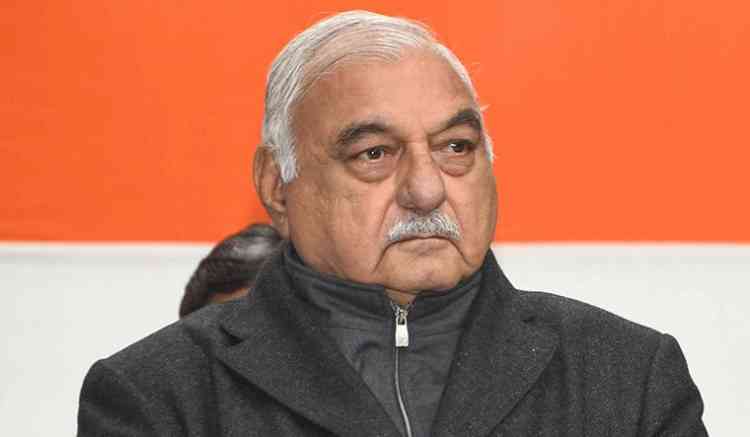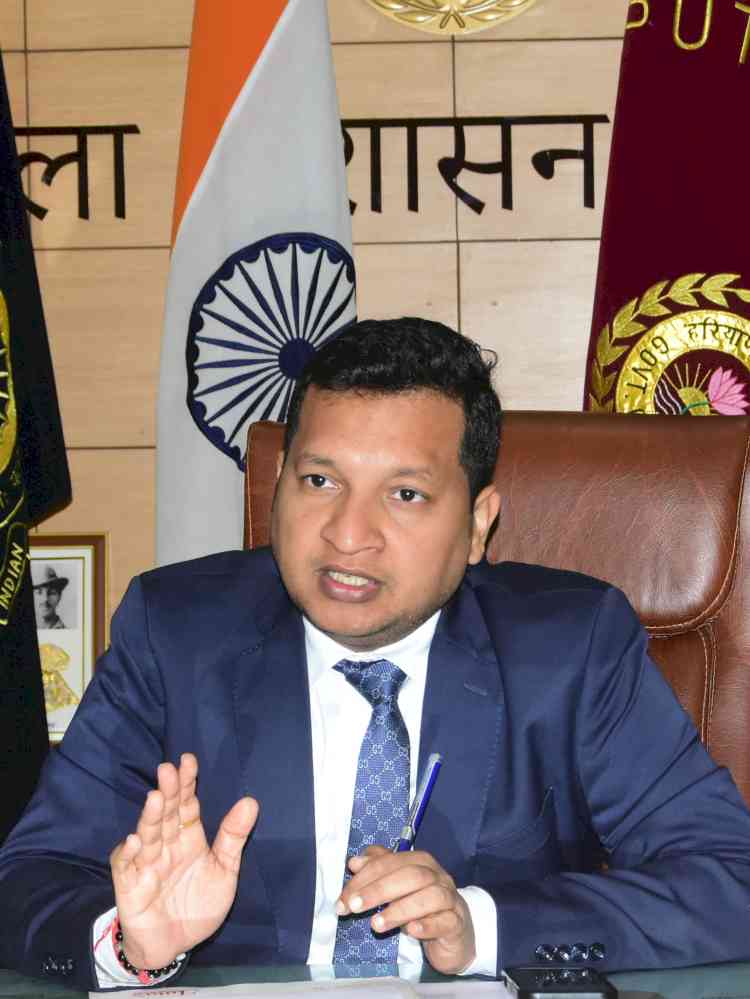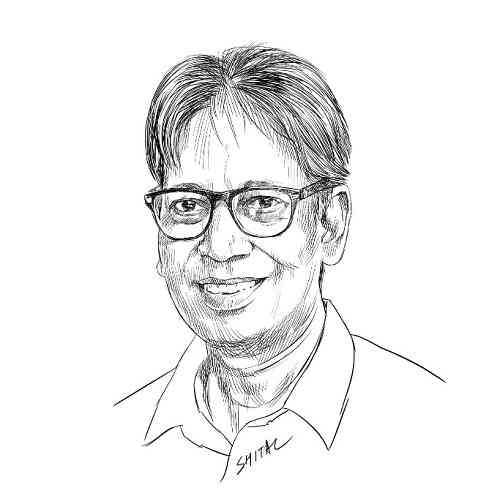Commonwealth Parliamentary Association Zone-II Conference Concludes in Dharamshala with Historic Deliberations
The two-day Annual Conference of the Commonwealth Parliamentary Association (CPA), India Region Zone-II, hosted by the Himachal Pradesh Legislative Assembly, concluded today in Dharamshala with substantive and forward-looking discussions. Legislative Assembly Speaker Kuldeep Singh Pathania described the event as "historic" and said it would yield far-reaching results in strengthening democratic institutions.
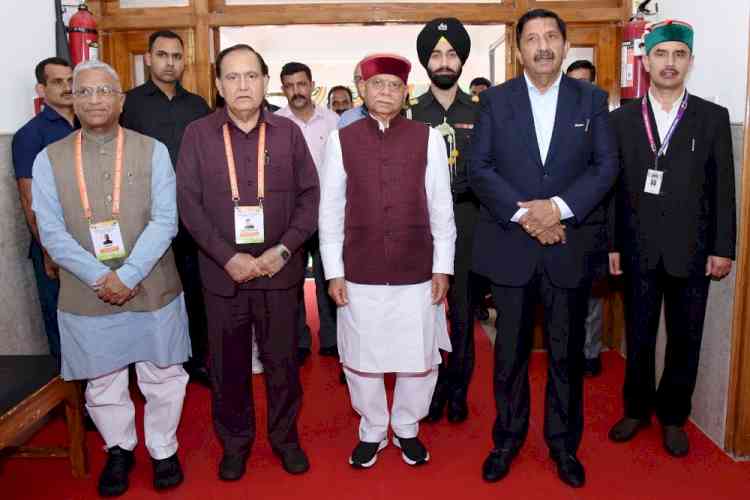
Dharamshala, July 1, 2025: The two-day Annual Conference of the Commonwealth Parliamentary Association (CPA), India Region Zone-II, hosted by the Himachal Pradesh Legislative Assembly, concluded today in Dharamshala with substantive and forward-looking discussions. Legislative Assembly Speaker Kuldeep Singh Pathania described the event as "historic" and said it would yield far-reaching results in strengthening democratic institutions.
A total of 38 delegates, including the Chairpersons of Legislative Assemblies from eight states and the Telangana Legislative Council, actively participated in the proceedings. The conference featured thoughtful exchanges on critical subjects aimed at shaping the future of Indian legislatures.
The concluding day of the conference began at 11:00 AM with deliberations on two key topics: “Provision of Disqualification on the Basis of Defection under Article 102(2) and 191(2) of the Constitution (Tenth Schedule)”; and “Use of Artificial Intelligence in Legislative Assemblies.”
Legislators and presiding officers from participating states shared their insights, offered constructive suggestions, and engaged in open debate on these pressing issues.
In his address, Speaker Kuldeep Singh Pathania expressed his gratitude to the participants for attending despite inclement weather, stating, "Your active participation and sharp, independent views have enriched this conference."
Speaking on the topic of Artificial Intelligence, Pathania said he refrained from elaborating as Himachal Pradesh has already taken a leadership role in digital transformation. He reminded the delegates that Himachal pioneered India's first e-Vidhan system, launched in 2014, setting a national benchmark for digital governance in legislative bodies.
On the issue of anti-defection laws, Pathania was candid and firm. He cited a precedent where six MLAs lost their assembly membership following his decision on defection— a ruling later upheld by the Hon’ble High Court. Emphasizing the importance of strengthening anti-defection laws, he said, "These laws must be made more stringent to ensure public representatives do not betray the mandate of the people. A strong anti-defection law will also ensure stability and confidence in governance."
He further informed that the Himachal Pradesh Legislative Assembly has enacted provisions under which any member disqualified under the anti-defection law will be deprived of all benefits including pension and other facilities, and will be barred from contesting elections for six years.
Touching upon fiscal and legislative autonomy, Pathania raised concerns about states having resources but lacking control over them. “Without legal rights over our resources, how can we ensure effective development?” he asked, underlining the need for more legislative empowerment at the state level.
The closing ceremony, held at 3:30 PM, was graced by the Governor of Himachal Pradesh Shiv Pratap Shukla as the Chief Guest. Also present on the occasion were Deputy Chief Minister Mukesh Agnihotri and Deputy Chairman of Rajya Sabha Harivansh.
Speaker Kuldeep Singh Pathania welcomed all the distinguished guests by offering traditional Himachali shawls and caps, and expressed heartfelt thanks for their valuable contributions.
The closing ceremony also featured addresses by Governor Shiv Pratap Shukla, Deputy CM Mukesh Agnihotri, and Rajya Sabha Deputy Chairman Harivansh. The event concluded with a vote of thanks by Deputy Speaker of the Himachal Pradesh Legislative Assembly Vinay Kumar, who acknowledged the participation and valuable insights shared by all delegates.
The successful conclusion of the conference is expected to pave the way for stronger, more efficient, and tech-enabled legislative practices in India’s democratic framework.



 Arvind Sharma
Arvind Sharma 
